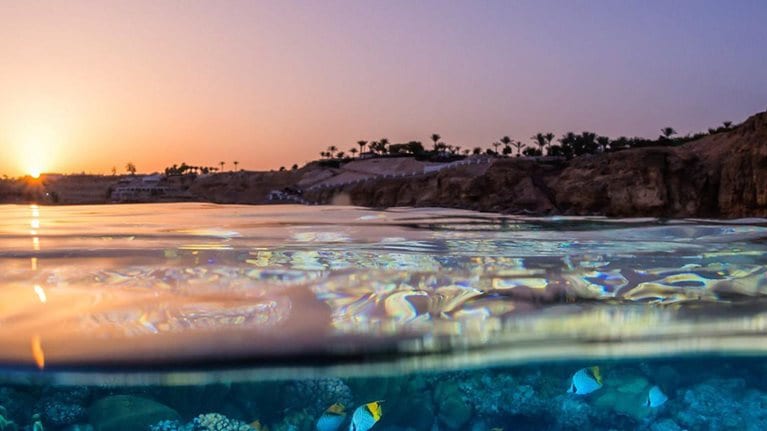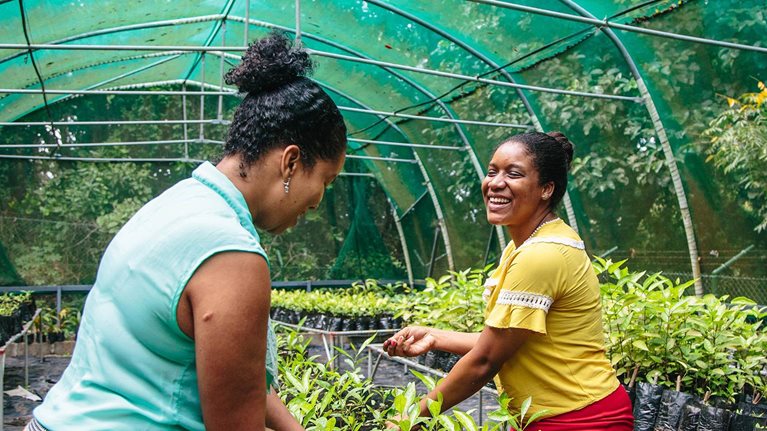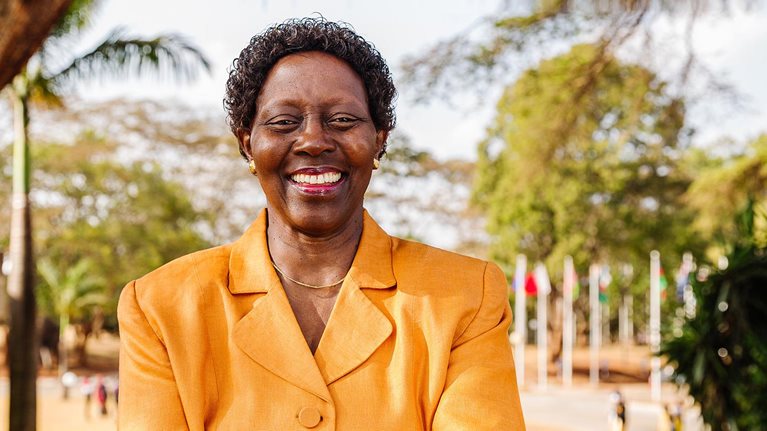The clothing industry accounts for a significant share of global greenhouse gas emissions and wastewater. Patagonia chose to tackle this environmental footprint head on. Its mission statement, “We’re in business to save our home planet,” reflects its core values of quality, integrity, environmentalism, justice, and being unfettered by convention.
Yvon Chouinard, who is also an environmentalist, philanthropist, and adventurer, chatted to McKinsey’s Tony Hansen about the company, which has its roots in his love for the outdoors and mountaineering. In 1973, he started making and selling mountaineering gear when he noticed the equipment he was using was damaging rocks, and soon expanded into clothing. He is quoted as saying, “What we take, how and when we make, what we waste, is in fact a question of ethics,” a belief he has applied to Patagonia since its inception.
In 2022, Chouinard and his family transferred ownership of Patagonia to the newly created Patagonia Purpose Trust and the not-for-profit organization, Holdfast Collective. These two entities ensure that all of Patagonia’s profits go toward combating climate change and protecting underdeveloped land across the world.
Not only a mountaineer at heart, Chouinard is also a surfer, kayaker, falconer, tenkara fly-fisherman, author of his memoir, Let my people go surfing, and, in his own words, a reluctant businessman.
The following is an edited version of Yvon’s and Tony’s conversation.
McKinsey: You’re described yourself as a reluctant businessman, but it’s undeniable that you’ve also been a very successful one. Looking back, what are the one or two moments you’re most proud of?
Yvon Chouinard: Patagonia has time and again broken the rules of traditional business and proven we still can be successful. The average lifespan of a corporation currently is a little over 20 years, but we’re still here after five decades of doing things on our own terms. I’m proud of our employees for getting us to this point. Our success is based on quality in whatever we do, and we’re taking that into the future.
McKinsey: How has Patagonia navigated the tensions of being a responsible company while managing growth and profit in a consumerist context?
Yvon Chouinard: We have to be cautious about growing too big. A company doesn’t last 100 years by chasing endless growth. There’s an ideal size for every business and, when companies outgrow that, they die. We know we have to be intentional in our growth to be around for another 50 years, so we’re focused on longevity, not expansion.
McKinsey: What are the core attributes of the culture at Patagonia, and how were these principles instilled in the employees and your suppliers?
Yvon Chouinard: Building the best product while causing the least harm is at the heart of what we do. A Patagonia employee is someone who can treat work as play, finds fulfillment in independence, and is obsessed with quality, whether that’s in a shirt or a store display. We spend a lot of time hiring the right person for a job or sourcing partners in business—so it isn’t so much about trying to “instill” our philosophy into a person as it is finding those who already share our values.
McKinsey: Patagonia has embarked on a long sustainability journey—organic cotton, a self-imposed earth tax, 1% for the Planet (to which members contribute at least 1 percent of their annual revenue to environmental causes), and ultimately the donation of your company.1 What is your conclusion as to when a company actually becomes sustainable or “nature positive”?
Yvon Chouinard: We can’t delude ourselves into thinking that anything we or any other business does is “sustainable”. The best we can do is minimize the harm we do to the planet. We’ll do what we can to clean up our own house and convince other businesses and suppliers to use cleaner energy and more responsible materials, but it’s a never-ending summit. The work is never done.
Building the best product while causing the least harm is at the heart of what we do.
McKinsey: How can we engage corporations to accelerate the conservation and restoration of nature?
Yvon Chouinard: One of the best tools we have is to show that doing the right thing for the planet can be profitable. We’ve proven it for decades now. Customers are putting pressure on companies to take action, and that’s a good thing. Young people are voting with their purchases, and companies should recognize that customers are changing. They can see through the greenwashing. The climate crisis is an existential issue, so we’ll use our influence to join our communities in calling on the business sector to act.
Read more about Natural Capital and Nature
McKinsey: What was the evolution of making Earth Patagonia’s sole shareholder, and how do you hope this will influence corporate awareness and action?
Yvon Chouinard: We needed to find a way to put more money into fighting the environmental crisis while maintaining Patagonia’s values. There weren’t any good options available, so we had to create our own. The new ownership structure ensures the company stays true for another 50 years or more and uses the wealth the company generates to protect our home. After everything we’ve been through, I hope Patagonia can serve as a model for other businesses as they evaluate their own environmental policies, and that this company’s success is proof you can make a profit doing the right thing.
McKinsey: What would you advise every business leader to ask themselves every day?
Yvon Chouinard: Ask yourself why you went into business in the first place. What are you there for? When you establish values as a business and your employees care about your mission, everyone works harder.


